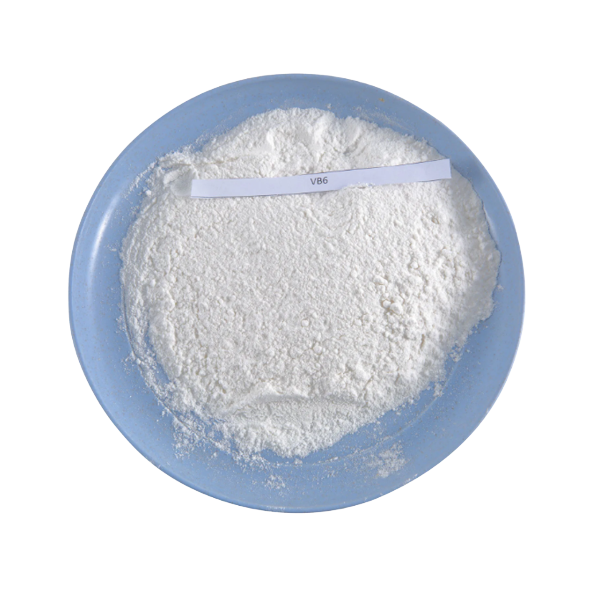


No products in the cart.
Vitamin B6, also known as pyridoxine, is an essential nutrient that plays a crucial role in various bodily functions. It is one of the eight B vitamins, which are water-soluble vitamins that the body does not store and must be obtained from food or dietary supplements.
Functions of vitamin B6:
Recommended daily allowance (RDA) for vitamin B6:
The RDA for vitamin B6 varies according to age and gender.For adults, the RDA is 1.5 mg per day for men and 1.3 mg per day for women.
Sources of vitamin B6:
Vitamin B6 is found in a variety of foods, including :
Vitamin B6 deficiency:
Vitamin B6 deficiency is rare, but can occur in people who don't eat enough vitamin B6-rich foods, who have certain medical conditions that affect vitamin B6 absorption, or who take certain medications that interfere with vitamin B6 metabolism. Symptoms of vitamin B6 deficiency may include :
Anemia: Vitamin B6 deficiency can contribute to anemia, characterized by fatigue, pale skin and shortness of breath.
Skin rashes: Vitamin B6 deficiency can cause skin rashes, such as dermatitis.Neurological symptoms: Vitamin B6 deficiency can lead to neurological symptoms such as tingling, numbness and convulsions.
Weakened immune system: Vitamin B6 deficiency can weaken the immune system, making individuals more susceptible to infections.Vitamin B6 supplements:
Vitamin B6 supplements are available over the counter in a variety of forms, including capsules, tablets and liquids. Vitamin B6 supplements are generally safe when taken as directed.However, it is always advisable to consult a healthcare professional before starting any new supplement, especially if you have underlying medical conditions or are taking other medications.
Data sheet